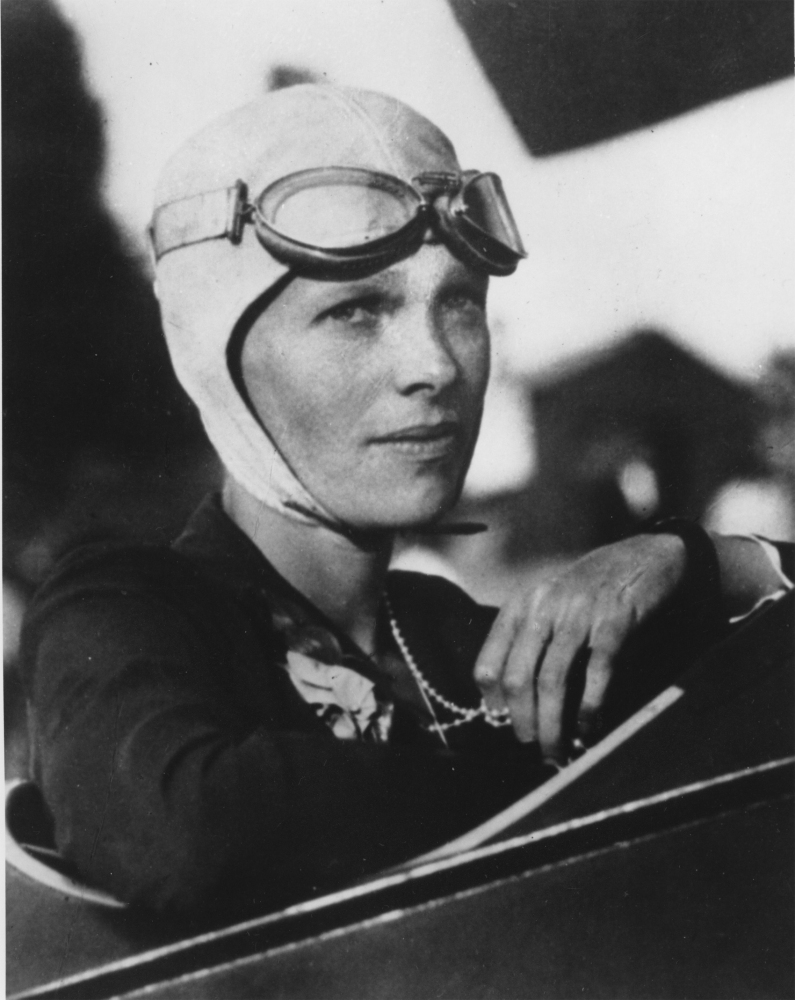Learning About Love: A Chronology
/Fall 1969, Freshman at Oklahoma Baptist University: I was eating in the dining hall with my roommate, a basketball player on scholarship. I was a drummer on percussion scholarship. Apparently there was a "mission" of sorts for upperclassmen ministerial students to see how many wayward freshmen they could bring into the fold. Their approach to us was: "Are you guys a part of the "elect?"
I grew up in church, my dad was a pastor. I knew the lingo. I replied, "I'm a Christian; not a Calvinist." The leader of the group said to his posse, "Come on boys. Let's not cast our pearls before the swine." They collected their trays and King James (not Lebron) Bibles and left.
Fall 1970, Sophomore at The University of Tulsa: I was at the BSU for lunch (always eating). The BSU director saw me and asked me to come by his office. He told me of a church that was looking for a part-time music director. He knew I was a musician; he didn't understand that drummers don't make good church musicians--especially in that era where drums were considered pagan instruments that inevitably lead to dancing and sex. But the church paid $25 a week--where do I apply?
At that church a wonderfully kind and gracious woman took me, and every other young musician in the church under her wing with encouragement, grace and support. Her name was Betty. She had a daughter. In fact, she had three daughters and two sons, but she had this one daughter...
New Years Eve 1971: I asked Betty's daughter, Arlene, to go out with me on a date. Betty's husband, Ernie, was a Farmer. I was a long-haired drummer who drove a VW Bus. Arlene said yes, and I guess Betty and Ernie did too.
Valentines Day 1972: I asked her to marry me and she said yes! I asked Ernie if I could marry his daughter and he said yes too!
June 16, 1972: With my dad officiating, we were married. (I'm sure there was some "discussion" around the community about the hurried nature of this romance and marriage. So to remove any doubt we waited eight years to have children.)
June 13, 2014: Today is my Amazing-Missus' birthday. We will celebrate with coneys at Coney-Islander in Tulsa. It's sort of our place.
June 16, 2014: We will celebrate 42 years of marriage. And once again I will marvel at the fact that somehow or another this beautiful soul(mate) of mine chose and chooses to love me.
My Amazing-Missus on the farm where she grew up.
See that's the thing about LOVE; it is about choices and decisions and our wills--our free wills. I will admit though that I cannot deny the Hand of Providence.
I have laid out here a very brief history of how it all happened, but when I look back on our romance and life together, I can see pieces that fell together. And, yes I get that my choice of words makes it all sound fairytale-like.
The theologians will tell me I can't have it both ways, i.e.: "Either you believe in pre-destination or you don't."
But I can have it both ways. I can believe in an omniscient God who gave me the choice to love Him or not. I believe and know from 42 years of experience, I can meet a woman who chose to love me and still chooses to, and I know that can't be easy so much of the time.
So do I believe in Divine Providence? Yes, I do.
Do I believe in free will? Absolutely.
Do I really believe you can have it both ways? Without a doubt.
So, yes I do believe in Destiny. I do believe in Fate. I do believe my Amazing-Missus loves me. And I love her. And if that love comes only from a pre-programmed puppet of some kind with strings pulled by a heavy-handed god, it wouldn't be beautiful at all.
Once again, I will rely on the wise sage, G.K. Chesterton to help me with the words:
I do not believe in a fate that falls on men however they act; but I do believe in a fate that falls on them unless they act.
Gilbert K. Chesterton








